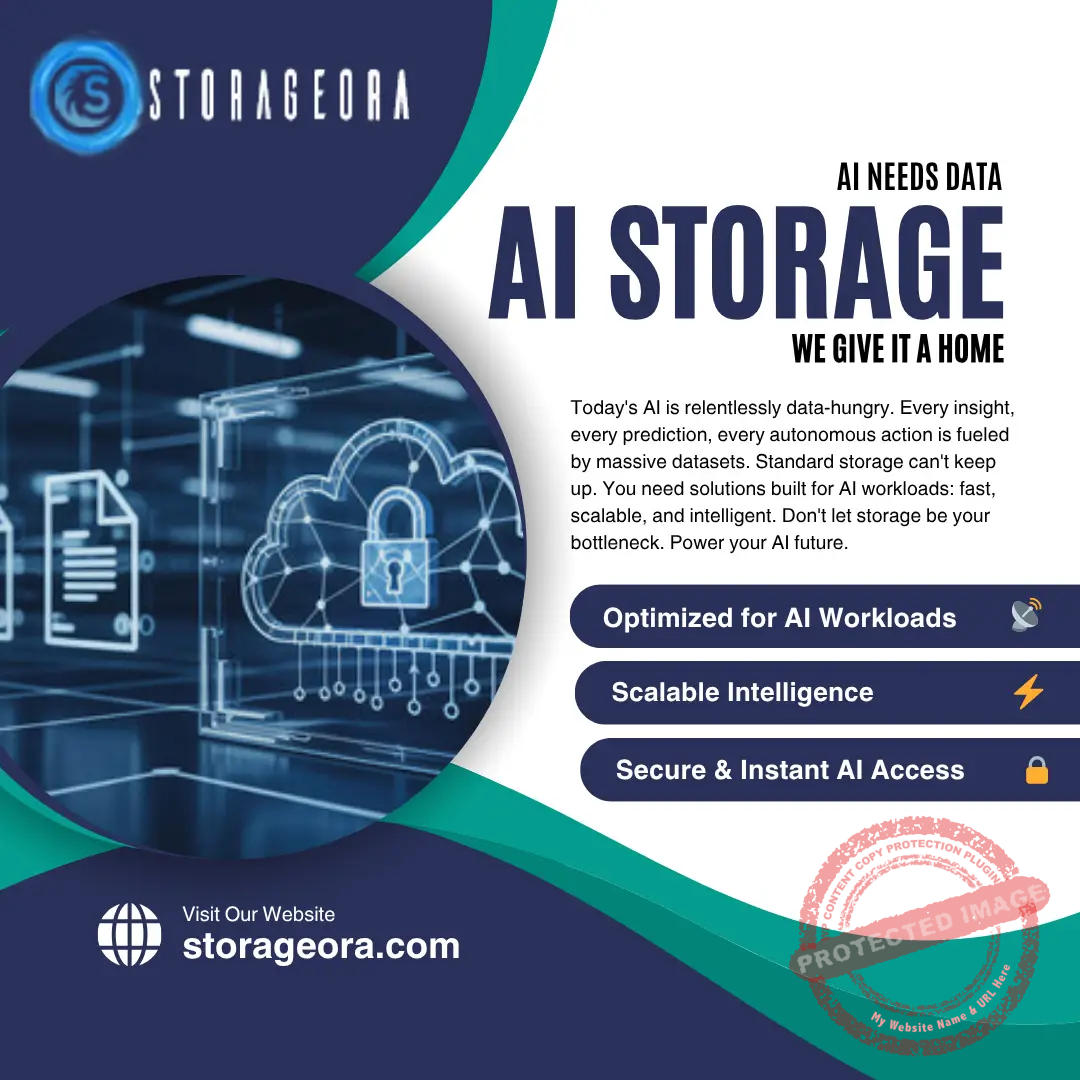As Data Becomes the Lifeblood of Innovation, Organizations Face a New Challenge—Harnessing It Responsibly.
The Ethical Crossroads of Datafication
The modern world runs on data. Every click, conversation, and transaction feeds into an ever-expanding ecosystem of analytics, algorithms, and automation. But with great data comes great responsibility.
As organizations continue to transform everything—from consumer behavior to city infrastructure—into quantifiable data streams, they are also entering complex ethical and regulatory territory.
The challenge of our age is no longer just collecting or managing data—it’s ensuring that data is used ethically, transparently, and fairly in a world that is increasingly datafied.
The Privacy Paradox
Consumers want personalized experiences and seamless digital interactions, but they also demand control over how their information is used. This tension—between convenience and confidentiality—defines what experts call the privacy paradox.
In an effort to optimize user experience, organizations collect enormous amounts of behavioral data. Yet, the more data they gather, the greater the risks of misuse, bias, or breach.
Regulations such as the General Data Protection Regulation (GDPR) in Europe and California Consumer Privacy Act (CCPA) in the United States are forcing companies to rethink their data practices, prioritizing consent, transparency, and accountability.
Ethics in the Algorithmic Age
AI and machine learning thrive on data—but the ethics of how that data is collected and applied are now under intense scrutiny. Algorithms can unintentionally reproduce human biases, amplifying discrimination in areas such as hiring, lending, and law enforcement.
To combat this, responsible organizations are adopting ethical AI frameworks that emphasize:
-
Fairness: Ensuring algorithms do not disadvantage specific groups.
-
Explainability: Making AI decisions transparent and understandable.
-
Accountability: Assigning responsibility for data outcomes and impacts.
-
Inclusivity: Involving diverse stakeholders in model development and evaluation.
Ethical AI governance ensures that intelligence enhances humanity rather than exploiting it.
Data Ownership and Digital Rights
In a datafied society, who owns the data—the individual who generates it, or the company that collects and processes it? This question lies at the heart of digital ethics.
Emerging frameworks like data fiduciaries and self-sovereign identity (SSI) seek to restore control to individuals, allowing users to decide when, where, and how their data is shared.
Similarly, the rise of data trusts—neutral organizations that manage data on behalf of users—marks a new frontier in establishing digital rights.
The end goal is data empowerment, where individuals are not just subjects of data collection, but active participants in its governance.
Building a Culture of Ethical Data Use
Compliance alone is not enough. Ethical data use must become part of an organization’s DNA.
That means embedding ethics into every stage of the data lifecycle—from collection and storage to analytics and deployment. Organizations are creating Data Ethics Councils, hiring Chief Data Ethics Officers (CDEOs), and integrating ethical guidelines into product design.
Training employees to recognize ethical red flags, question assumptions, and balance innovation with respect for privacy is key to maintaining long-term trust in the digital economy.
Technology for Privacy Preservation
New technologies are emerging to reconcile data utility with privacy protection:
-
Federated Learning: Enables AI models to train on decentralized data without transferring raw information.
-
Differential Privacy: Adds mathematical noise to datasets to protect individual identities.
-
Homomorphic Encryption: Allows computation on encrypted data without decryption.
-
Zero-Knowledge Proofs: Validate information without revealing underlying data.
These innovations promise a privacy-preserving future, where organizations can derive value from data responsibly and securely.
The Business Case for Ethical Data Practices
Far from being a constraint, ethical data management is becoming a competitive advantage. Companies that adopt transparent and responsible data practices earn greater consumer loyalty, regulatory goodwill, and investor confidence.
According to Accenture, over 60% of consumers are more likely to buy from brands that handle their data responsibly. Ethical integrity is no longer a moral checkbox—it’s a market differentiator.
The future belongs to organizations that treat privacy not as an obstacle, but as a pillar of digital trust.
Closing Thoughts and Looking Forward
The datafied world presents both extraordinary opportunity and profound responsibility. The line between innovation and intrusion is thin, and it is ethics—not technology—that defines which side of that line organizations stand on.
As AI, IoT, and predictive analytics continue to evolve, maintaining privacy and human dignity must remain central to their advancement.
The organizations that thrive in this new era will be those that transform not only data into insight—but insight into integrity.
References
-
“Ethics and Privacy in the Age of AI and Datafication” – World Economic Forum
https://www.weforum.org/agenda/2024/09/ethics-and-privacy-in-the-age-of-ai-and-datafication -
“Building an Ethical Data Culture” – Harvard Business Review
https://hbr.org/2024/06/building-an-ethical-data-culture -
“GDPR, CCPA, and the Future of Global Data Privacy” – TechTarget Security
https://www.techtarget.com/searchsecurity/feature/gdpr-ccpa-and-the-future-of-global-data-privacy -
“How to Implement Ethical AI Frameworks in Practice” – Deloitte Insights
https://www.deloitte.com/insights/ethical-ai-frameworks-in-practice -
“Data Empowerment and Digital Rights” – Oxford Internet Institute
https://www.oii.ox.ac.uk/research/data-empowerment-and-digital-rights
Author: Serge Boudreaux – AI Hardware Technologies, Montreal, Quebec
Co-Editor: Peter Jonathan Wilcheck – Miami, Florida
Post Disclaimer
The information provided in our posts or blogs are for educational and informative purposes only. We do not guarantee the accuracy, completeness or suitability of the information. We do not provide financial or investment advice. Readers should always seek professional advice before making any financial or investment decisions based on the information provided in our content. We will not be held responsible for any losses, damages or consequences that may arise from relying on the information provided in our content.





 AMD
AMD TMC
TMC IE
IE MSI
MSI NOK
NOK DELL
DELL ECDH26.CME
ECDH26.CME